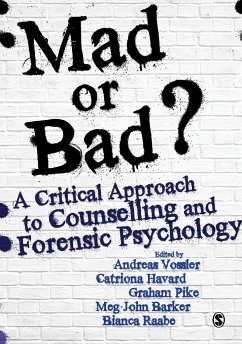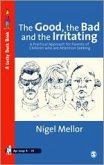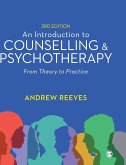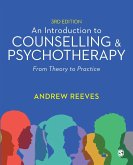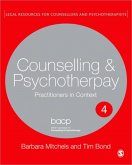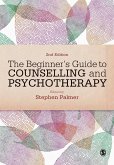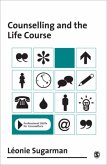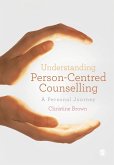A cutting-edge text that provides a comprehensive introduction to mental health problems and criminal behaviour, this book explores the link between mental health and criminality and considers the most common and effective therapeutic approaches for working with offenders and victims of crime.
· Part 1 explores the predominant tensions between forensic and therapeutic agendas;
· Part 2 considers how criminal and insane identities and careers may be considered gendered, classed, culturally and age-dependent experiences, and be related to power and oppression;
· Part 3 examines issues around sex and sexuality in forensic and therapeutic settings;
· Part 4 introduces a range of therapeutic approaches for working with offenders and victims of crime;
· Part 5 covers forensic and therapeutic practices, including programmes for the prevention of both mental health issues and offending.
Edited by an expert team from the Open University and written by a broad range of contributors, this book draws on a wealth of experience in this popular subject area. It will be a key text for students of forensic psychology, counselling and psychotherapy, and for health and social care professionals working in therapeutic and forensic settings.
· Part 1 explores the predominant tensions between forensic and therapeutic agendas;
· Part 2 considers how criminal and insane identities and careers may be considered gendered, classed, culturally and age-dependent experiences, and be related to power and oppression;
· Part 3 examines issues around sex and sexuality in forensic and therapeutic settings;
· Part 4 introduces a range of therapeutic approaches for working with offenders and victims of crime;
· Part 5 covers forensic and therapeutic practices, including programmes for the prevention of both mental health issues and offending.
Edited by an expert team from the Open University and written by a broad range of contributors, this book draws on a wealth of experience in this popular subject area. It will be a key text for students of forensic psychology, counselling and psychotherapy, and for health and social care professionals working in therapeutic and forensic settings.
While the title of the book will either attract or repel potential readers, undertaking a critical review of counselling and forensic psychology is to be welcomed. Contributions by expert psychotherapists and clinical, counselling and forensic psychologists working in a multiplicity of forensic settings alongside academics, many with practitioner experience, ensures that a range of views, disciplines and approaches are fully explored. With chapters covering issues such as media representations, identities, sexual offending, diagnosis, treatment, therapeutic practice and prevention, this book is a highly recommended read for students, academics and practitioners interested in mental health and its relationship with criminality.
Professor Michael Brookes OBE 20170307
Professor Michael Brookes OBE 20170307
